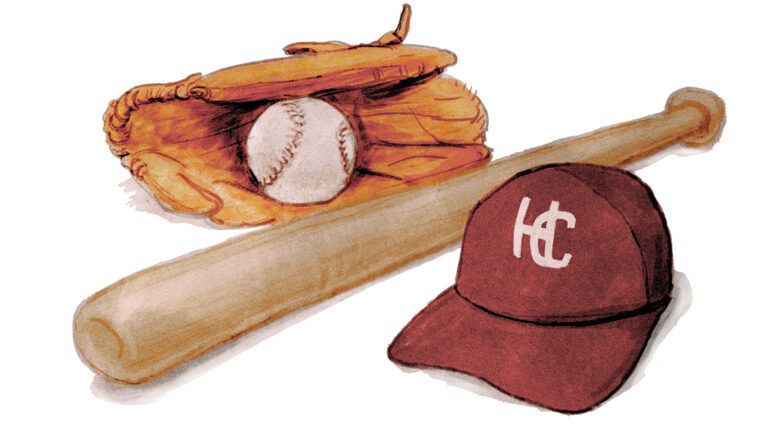Parents often ask me, as a former piano teacher, when they should begin their child in piano lessons. When I recommend no earlier than second grade, they are amazed.
Part of my answer comes from my experience teaching young children and finding that second grade is the earliest most children have the ability to sit still to practice and have the reading abilities that allow them to read music.
The other reason I suggest second grade comes from what I’ve learned as a parent and the tendency we have to want to get our child involved in organized activities much earlier than they need to be.
In Primary Psychiatry magazine, Alvin Rosenfeld and Nicole Wise, the authors of an article titled “Let Kids Be Kids: Avoiding the Hyper-Parenting Trap,” coined the phrase “hyper-parenting” to describe a trend they are seeing in parenting. It seems today’s parents are making it their sacred responsibility to provide their child with every enrichment opportunity possible: sports, music, academics, etc.
At the same time, the medical and psychiatric industry is seeing an increase in children’s stress factors because activities have so filled their calendars that they are overwhelmed and even sleep-deprived.
Why do we do this as parents? Because we want to give our children the best. However, sometimes we’ve got to realize that less really is best.
How can we steer clear of the hyper-parenting trap?
We need to focus on relationships and more time with our families, not more activities that distract us from what is really important in life. Activities do help children identify their gifts, talents and abilities. The key is finding a balance in the load of activities being carried as well as carefully considering the age at which they are introduced. Here are some principles for keeping a balance:
Assess age-appropriateness.
Just because they offer classes for toddlers doesn’t mean toddlers need to take classes. We need to be careful about making children grow up too fast.
Limit activities.
Some families make firm rules (i.e. one sport per child per season) while others make decisions on a case-by-case basis. “Weigh the benefit against the cost (time, energy, logistical effort, stress, expense) to you, your child, and the family,” suggest Rosenfeld and Wise.
Prioritize family.
Relationships matter…a lot. Our families need to know how to play together, not just ride in the car together from one activity to the next. Consider making one night a week family night. Set aside time to play sports or board games, go fishing or just relax and talk with one another.
Create margin.
Boredom needs to be a goal of parents. Unscheduled time encourages children to create and imagine. It helps them to learn how to fill their time rather than expect others to entertain them.
As parents, one of our jobs is to help our children learn to manage their time, resources and abilities. In these things, more is caught than taught. They will learn by watching us manage our lives as well as experiencing the schedule we create for them. Let’s let kids be kids in the early years of their lives. It will set a foundation of balance that will serve them well into adulthood.
By the way, American composer and conductor Leonard Bernstein didn’t sit down at a piano before his 10th birthday.
See, second grade isn’t too late.





